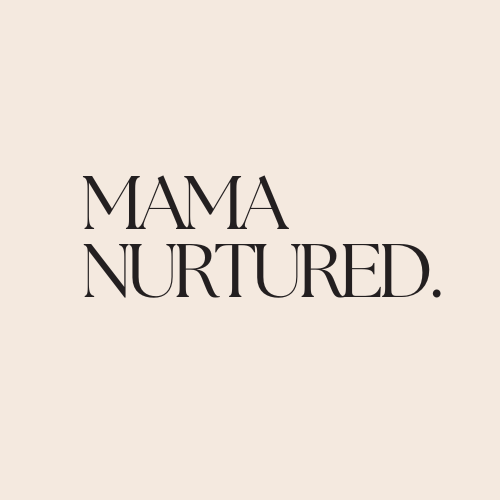The First Forty Days
Bringing a new life into the world is a transformative experience that changes everything—from your daily routine to your very identity. Yet, for many new mums, the focus tends to shift almost entirely to the baby, leaving them to navigate this profound transition on their own. However, in various cultures around the world, the first forty days postpartum are considered a sacred time for both mother and baby. This period, often referred to as the "fourth trimester," is a critical window for healing, bonding, and laying the foundation for the rest of motherhood.
The concept of the fourth trimester has gained increasing recognition in recent years, largely thanks to voices like Kimberley Ann Johnson, author of The Fourth Trimester. Johnson emphasises the importance of this period as one of profound adjustment, where the mother’s physical, emotional, and spiritual needs should be prioritised just as much as those of the newborn. She writes, "The first forty days after birth have the ability to set the tone for the entire journey of motherhood. It’s not just about recovering from childbirth; it’s about being reborn as a mother" (Johnson, 2017).
This quote beautifully encapsulates why the fourth trimester is so crucial. It’s a time for mums to rest, heal, and learn about their new roles, free from the pressures of daily life. But without the proper support, this transition can be overwhelming and isolating.
The Importance of Support and Nurturing for New Mums
The physical demands of childbirth are immense, and the postnatal period is a time when a woman’s body is working hard to heal and replenish. In addition to physical recovery, new mums are also experiencing a whirlwind of hormonal changes, emotional fluctuations, and the challenges of learning how to care for a newborn. This is why support and nurturing during the first forty days are not just luxuries—they are necessities.
Having a strong support system can make all the difference during this time. Family, friends, and partners can provide practical help with household chores, cooking, and caring for the baby, allowing the mother to rest and recover. Emotional support is equally important, helping new mums navigate the emotional ups and downs that often accompany the early postpartum period.
In The Fourth Trimester, Johnson stresses the importance of being surrounded by a community that acknowledges and supports the transition into motherhood. She explains, "A mother’s wellness is the key to a thriving family. When a mother is cared for, she can care for her baby with more presence and joy."
The Role of a Postnatal Doula
One way to ensure that new mums receive the care they need during the fourth trimester is by enlisting the support of a postnatal doula. Unlike a birth doula, whose role is to support the mother during labour and delivery, a postnatal doula focuses on the mother’s well-being during the postpartum period. This can include providing physical care, such as helping with breastfeeding or managing postpartum pain, as well as offering emotional support and guidance.
A postnatal doula can also assist with practical tasks around the house, allowing the mother to focus on bonding with her baby and recovering from childbirth. By providing this kind of comprehensive support, postnatal doulas help create a nurturing environment where new mums can thrive.
How the First Forty Days Set the Stage for Motherhood
The first forty days after childbirth are a time of intense change and adjustment. How a mother experiences this period can have a lasting impact on her physical and emotional health, her relationship with her baby, and her overall experience of motherhood. When a mother is supported and nurtured during this time, she is more likely to feel confident and capable in her new role.
Furthermore, the care and support a mother receives during the fourth trimester can have a ripple effect on the entire family. When a mother is well-rested and emotionally supported, she is better able to bond with her baby and create a positive, nurturing environment for her child. This sets the stage for a healthier and more fulfilling motherhood experience, where the mother feels empowered and equipped to meet the challenges and joys that lie ahead.
In The Fourth Trimester, Johnson sums up this idea beautifully: "When a mother is well taken care of, she has the capacity to take care of others in the way that she wants to, without burning out."
Conclusion
The first forty days after having a baby are a critical time for both the mother and the newborn. It’s a period that requires rest, care, and support to help the mother heal, adjust, and bond with her baby. By recognising the importance of the fourth trimester and providing new mums with the nurturing and support they need, we can help lay the foundation for a lifetime of healthy, joyful motherhood.
Whether through the support of a postnatal doula, the care of family and friends, or embracing cultural traditions that honour this sacred time, ensuring that new mums are cared for during the fourth trimester is an investment in the well-being of the entire family. As Kimberley Ann Johnson reminds us, "A mother who is supported in her transition into motherhood will be stronger, more resilient, and more able to face the challenges and joys of raising her child."
By honouring the first forty days, we are not only supporting new mums—we are nurturing the future of our families and communities.




